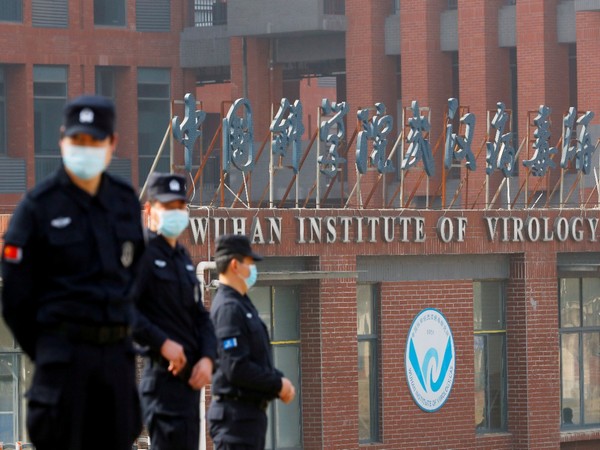Five Years After the First COVID-19 Reports: Reflecting on Progress, Challenges, and Future Preparedness
Five years later, WHO reflects on the pandemic’s lessons, acknowledges its ongoing impact, and renews calls for international collaboration to prevent future pandemics.

On December 31, 2019, the World Health Organization (WHO) Country Office in China detected a media statement from the Wuhan Municipal Health Commission about cases of "viral pneumonia" in Wuhan. This marked the start of a global crisis that would reshape lives, societies, and economies worldwide. Five years later, WHO reflects on the pandemic’s lessons, acknowledges its ongoing impact, and renews calls for international collaboration to prevent future pandemics.
A Rapid Response to an Unprecedented Challenge
As the world ushered in 2020, WHO activated its emergency systems on January 1. By January 4, WHO informed the global community, and by January 9-12, comprehensive guidance was published for countries. The first SARS-CoV-2 laboratory test blueprint followed on January 13.
In the critical early months, WHO worked tirelessly to:
- Convene experts and ministries of health from across the globe.
- Gather, analyze, and share real-time data.
- Develop and disseminate technical guidance and tools to aid national responses.
This timeline of action, available in an interactive format, underscores WHO’s commitment to transparency and coordination in tackling the emerging pandemic.
A Tribute to Lives Changed, Health Workers, and Ongoing Efforts
As we commemorate this milestone, WHO honors the millions of lives lost and the countless individuals suffering from long COVID. The organization also extends profound gratitude to health workers worldwide who risked their safety and well-being to care for others.
Reflecting on these sacrifices, WHO emphasizes the importance of drawing lessons from COVID-19 to build resilient health systems, strengthen surveillance, and ensure equitable access to care and vaccines.
Transparency and Cooperation: A Global Imperative
One of the enduring challenges is understanding COVID-19's origins. WHO continues to urge China to share critical data and grant access to facilitate comprehensive investigations. According to WHO, transparency and global cooperation are moral and scientific imperatives essential for preventing and preparing for future pandemics.
Without shared data and unified action, the world remains vulnerable. WHO Director-General Dr. Tedros Adhanom Ghebreyesus reiterated this at a recent press conference, urging nations to prioritize collaboration over division.
Preparedness for the Future: Are We Ready?
WHO acknowledges progress in pandemic preparedness, such as advancements in vaccine technologies, improved global health governance, and enhanced public health infrastructure. However, significant gaps remain, particularly in equity, supply chain resilience, and global health funding.
WHO has:
- Launched the Pandemic Fund to support low- and middle-income countries.
- Advocated for strengthening primary healthcare systems.
- Partnered with countries to develop pandemic response playbooks.
Despite these measures, WHO stresses that no single nation can address pandemics in isolation. Coordinated global responses, like those outlined in the WHO’s Pandemic Accord, are crucial to safeguarding future generations.
As we look back on the past five years, WHO urges policymakers, health experts, and the public to unite in building a healthier, more prepared world. Read more about these efforts and access the full interactive timeline at WHO’s website.
- READ MORE ON:
- World Health Organization
- COVID-19










